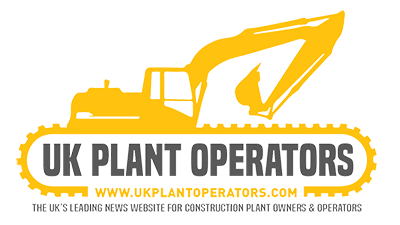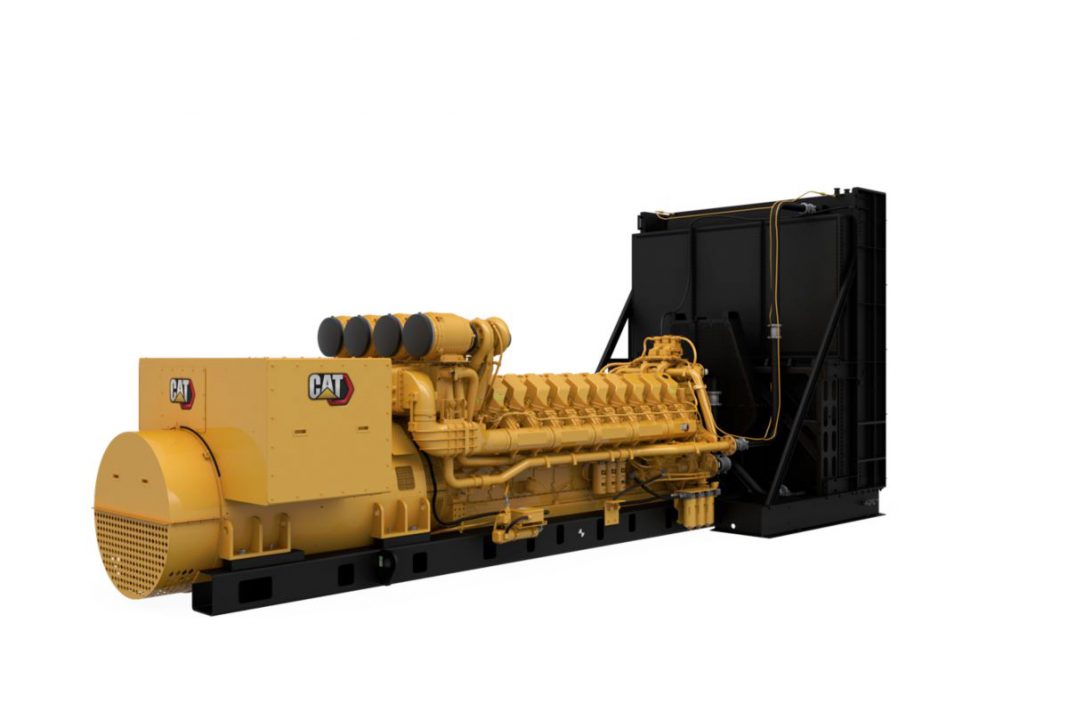![]()
Energy and transportation expert Finning UK & Ireland has highlighted important findings in a new technical study on HVO performance undertaken by Caterpillar®; showcasing how this drop-in replacement for diesel can offer environmental and performance benefits.
A recently published white paper details findings from the study, which consisted of back-to-back tests on a CatC175-20, 4000 kVA, 50 Hz diesel generator set running on diesel and hydrotreated vegetable oil (HVO) to determine differences in performance, smoke levels and nitrogen oxides (NOx).
Key findings include:
While running HVO, the C175-20 generator set engine was able to achieve full rated power.
Overall, lower smoke soot emissions were recorded when using HVO.
Start-up time using HVO was equal or slightly faster than diesel.
With increasing interest in how HVO can help to reduce the environmental impact of existing diesel generator equipment, the findings have confirmed that changing fuels need not mean compromising on performance. Kelly Cole, General Manager for Electric Power at Finning UK & Ireland:
“The findings of this study are really positive news for operators of diesel generators looking to minimise carbon emissions. It provides further confirmation that HVO offers an instant option to switch from diesel without facing a loss in engine performance.
So there does not need to be a trade off when looking at more environmentally friendly ways to secure back-up or standby power generation.
“This will be welcome news to those operators who are considering making the switch to HVO, which offers a highly flexible drop-in solution. Especially as the study has also found that in some applications HVO can actually improve start up times and transient response when compared to diesel.”
However, it will be important for operators interested in trialling HVO to ensure they can source good quality fuel, as Kelly Cole explains:
“The level of carbon reduction that can be achieved by using HVO is dependent on what the fuel has been produced from, and there can sometimes be challenges in obtaining high quality HVO.
So in order to ensure maximum carbon reductions and reliable availability, businesses should plan ahead and ensure they have the right supply chain in place.”























